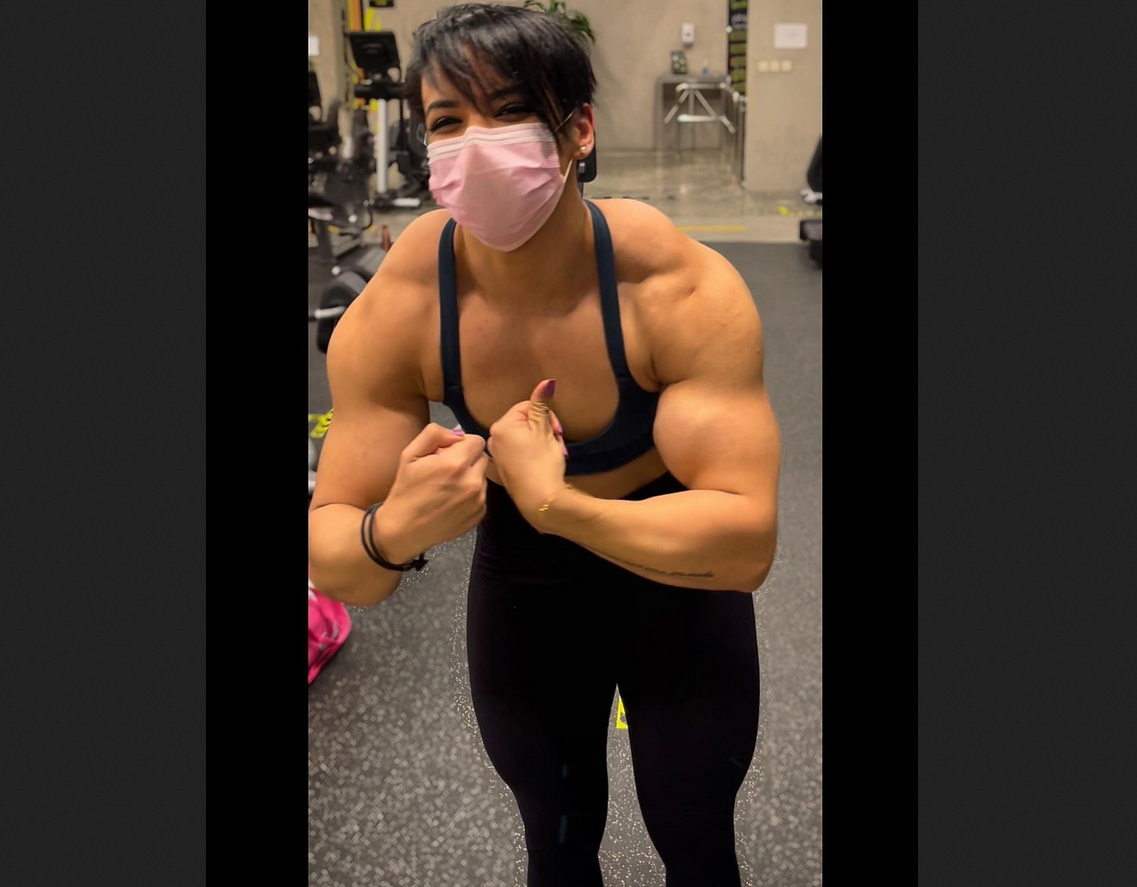Eating tends to be done 'on the fly' for many of us. It's difficult and in some instances rare or impossible to plan a meal, let alone shop and cook it. When I started to journal and track my food intake I would focus on fats, carbohydrates, fiber, calcium (us women need this!) and of course protein. I was stunned to see how I was falling short in the protein department. Reflecting on this for period however allowed me to see that stopping for a bagel, grabbing my cereal bar mid-morning, even taking fruit to work would sound like a healthy diet to most however what is missing here is the protein! For someone who hits the gym more than 4 times a week, I need this to build the lean muscle I'm working on. I needed to do some research and make some changes.
3 significant facts about Protein:
1. Works to build maintain and repair cells, bones, muscles, skin, blood and organs.
2. Acts to regulate the fluids in the body to maintain proper composition and balance of these fluids including the acid based balance that is required.
3. Works also as an antibody to ward off infection, disease and viruses.
Protein is the only thing that can do all of these, however if you are not getting sufficient calories in required carbohydrates or fats on a regular basis then your body will rob the protein to use as fuel for energy. Your diet needs to include all components to maintain its proper functioning.
3 significant facts about Protein:
1. Works to build maintain and repair cells, bones, muscles, skin, blood and organs.
2. Acts to regulate the fluids in the body to maintain proper composition and balance of these fluids including the acid based balance that is required.
3. Works also as an antibody to ward off infection, disease and viruses.
Protein is the only thing that can do all of these, however if you are not getting sufficient calories in required carbohydrates or fats on a regular basis then your body will rob the protein to use as fuel for energy. Your diet needs to include all components to maintain its proper functioning.
The suggested daily requirements for adult women would be 46 grams, as a minimum. For adult males this number would be 56 grams. I would caution that people who are active will be burning more calories so keep this in mind and realize that you will need significantly more protein. Exercise with weights actually tears down the muscles and proteins are part of the repair process. The amino acids which are chains of proteins produced are an essential role of metabolism. Set a minimum requirement and push for more as the 'ideal' would be about.6 to.8 grams of protein for every pound of body weight for a highly active person. There are many different thought processes and theories on how to calculate requirements and most will fall extremely close to this method of calculation. If you are seeing results with gaining muscle, maintain muscle tone or losing weight, then stick with what works. Some feel protein can't make you fat, however too much protein means too many calories and that turns into stored fat.
The most common high protein food sources include meat, fish, poultry, eggs, milk, cheese, yogurt, nuts and beans. Packages of nuts and nut mixtures, hard boiled eggs, small containers of milk and single servings of yogurt are all easy items to have on the go. There are also protein bars on the market that are low in fat content and can contain anywhere from 7 grams to 20 grams of protein. Be cautious and read your label as there are several that have high sugar content. Just like red meats contain more fat than poultry so keep some variety in you menu choices so you don't end up with excess fats when trying to achieve your protein requirements. Planning, preparing and reading labels will go a long way.
The bottom line is, you can run miles on a treadmill, or be lifting more weight that any woman or man at the gym, spending hours and hours on resistance training and still not getting the results you want. Unless you have the proper diet to support this activity level, you never will achieve your fitness goals. The body is a complex machine, make sure you have the correct fuel in your engine or it won't run effectively!
The most common high protein food sources include meat, fish, poultry, eggs, milk, cheese, yogurt, nuts and beans. Packages of nuts and nut mixtures, hard boiled eggs, small containers of milk and single servings of yogurt are all easy items to have on the go. There are also protein bars on the market that are low in fat content and can contain anywhere from 7 grams to 20 grams of protein. Be cautious and read your label as there are several that have high sugar content. Just like red meats contain more fat than poultry so keep some variety in you menu choices so you don't end up with excess fats when trying to achieve your protein requirements. Planning, preparing and reading labels will go a long way.
The bottom line is, you can run miles on a treadmill, or be lifting more weight that any woman or man at the gym, spending hours and hours on resistance training and still not getting the results you want. Unless you have the proper diet to support this activity level, you never will achieve your fitness goals. The body is a complex machine, make sure you have the correct fuel in your engine or it won't run effectively!






























No comments:
Post a Comment